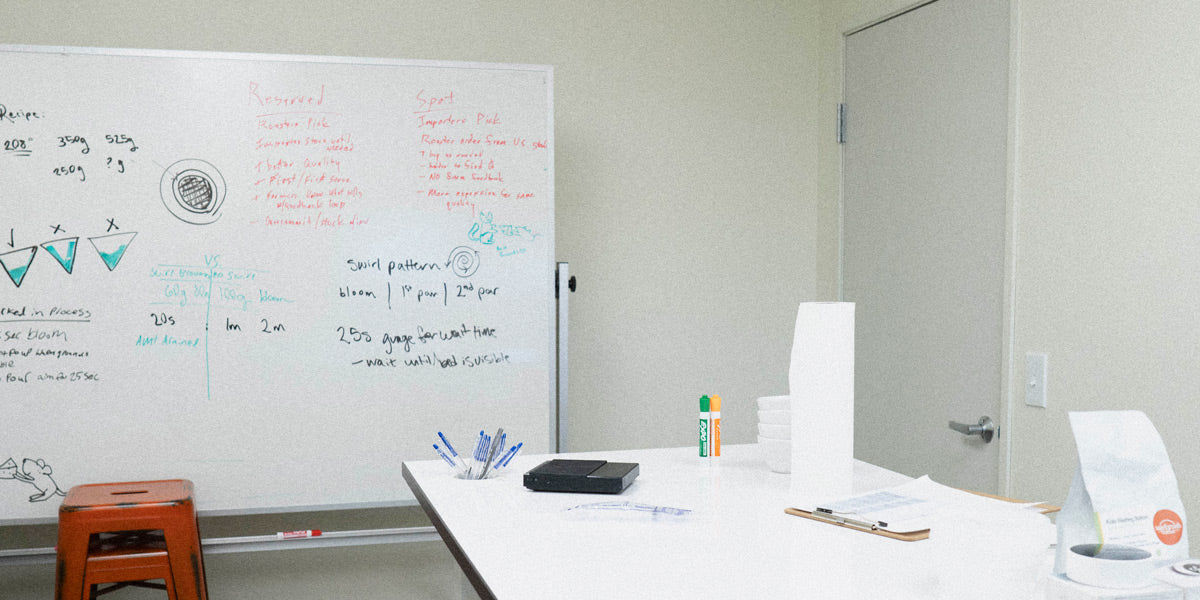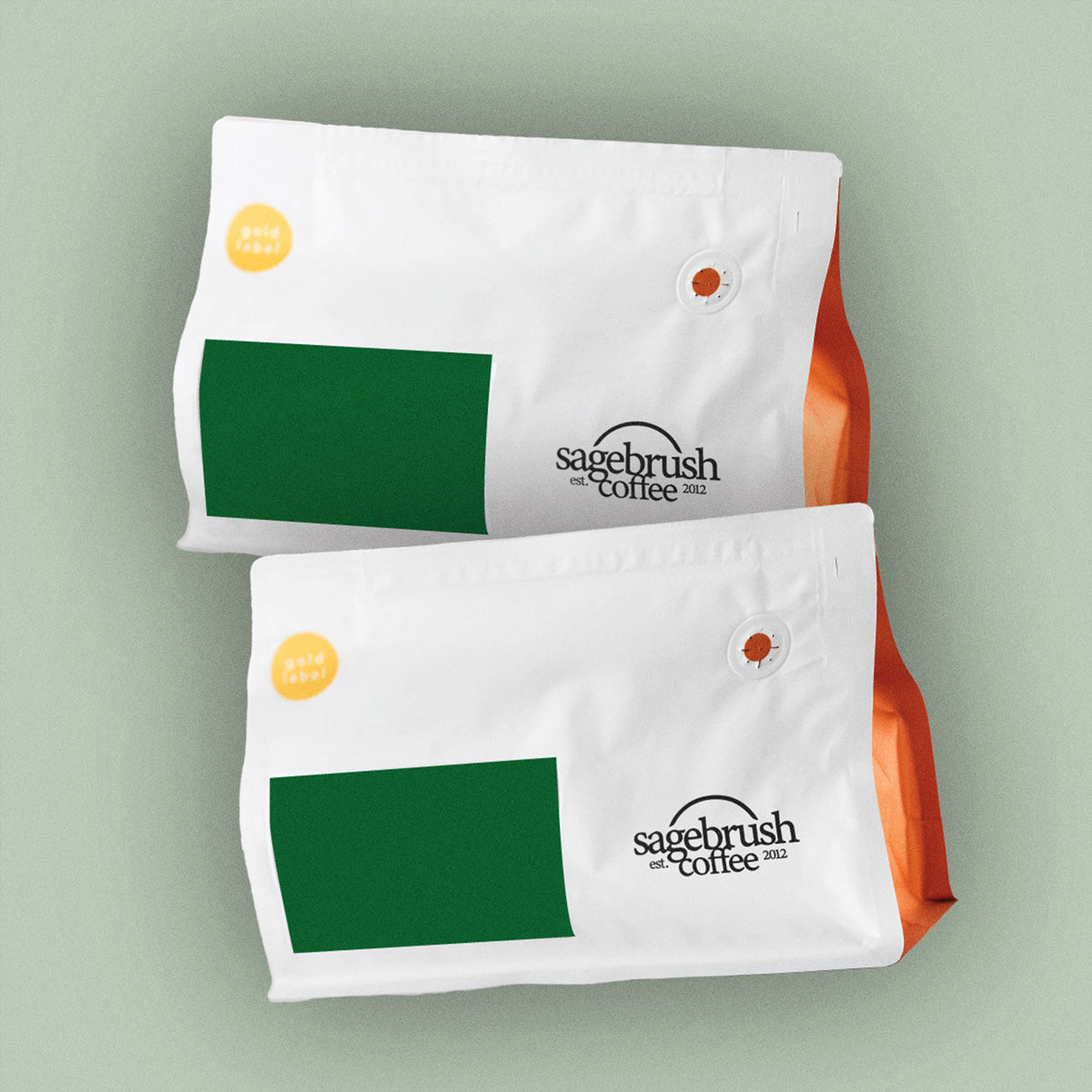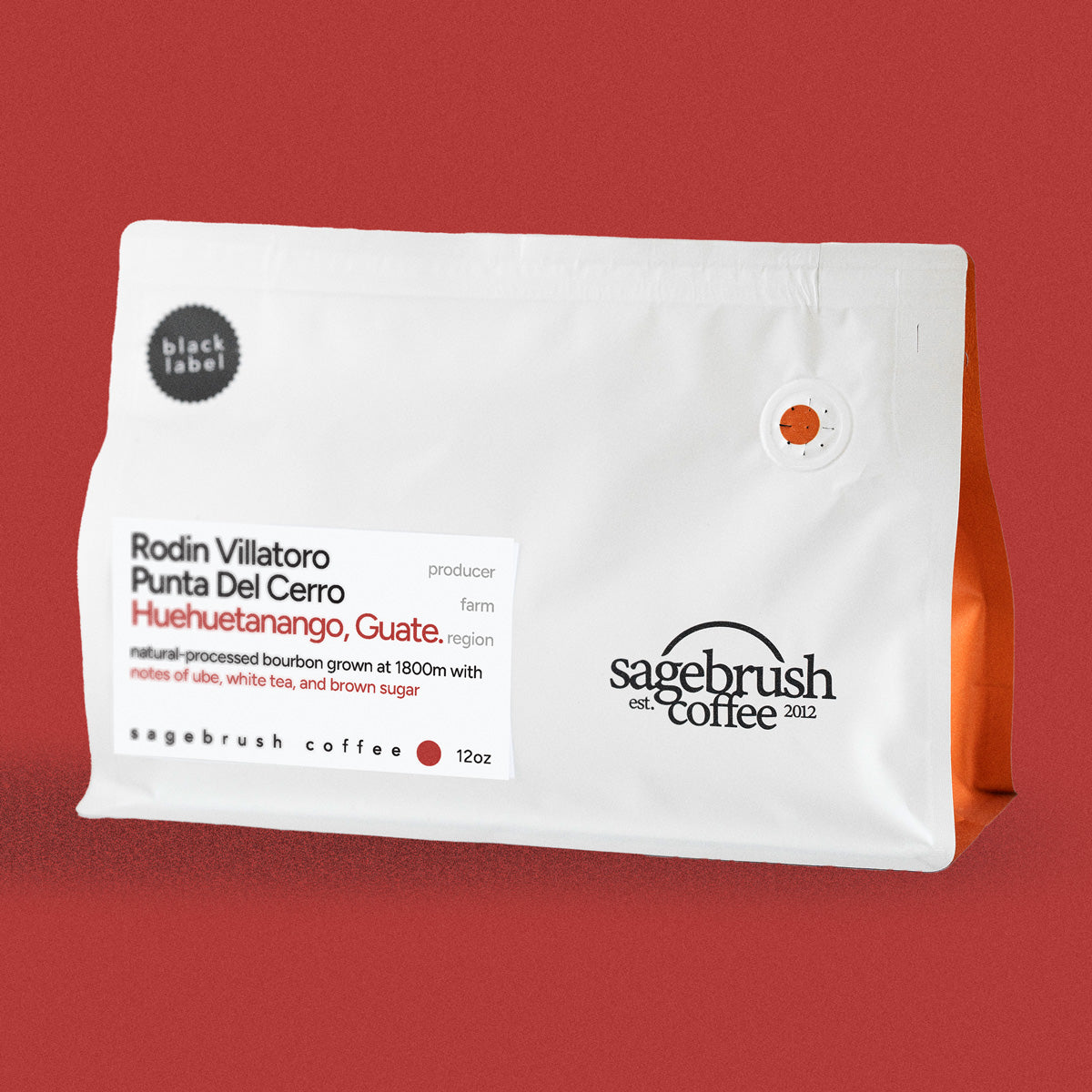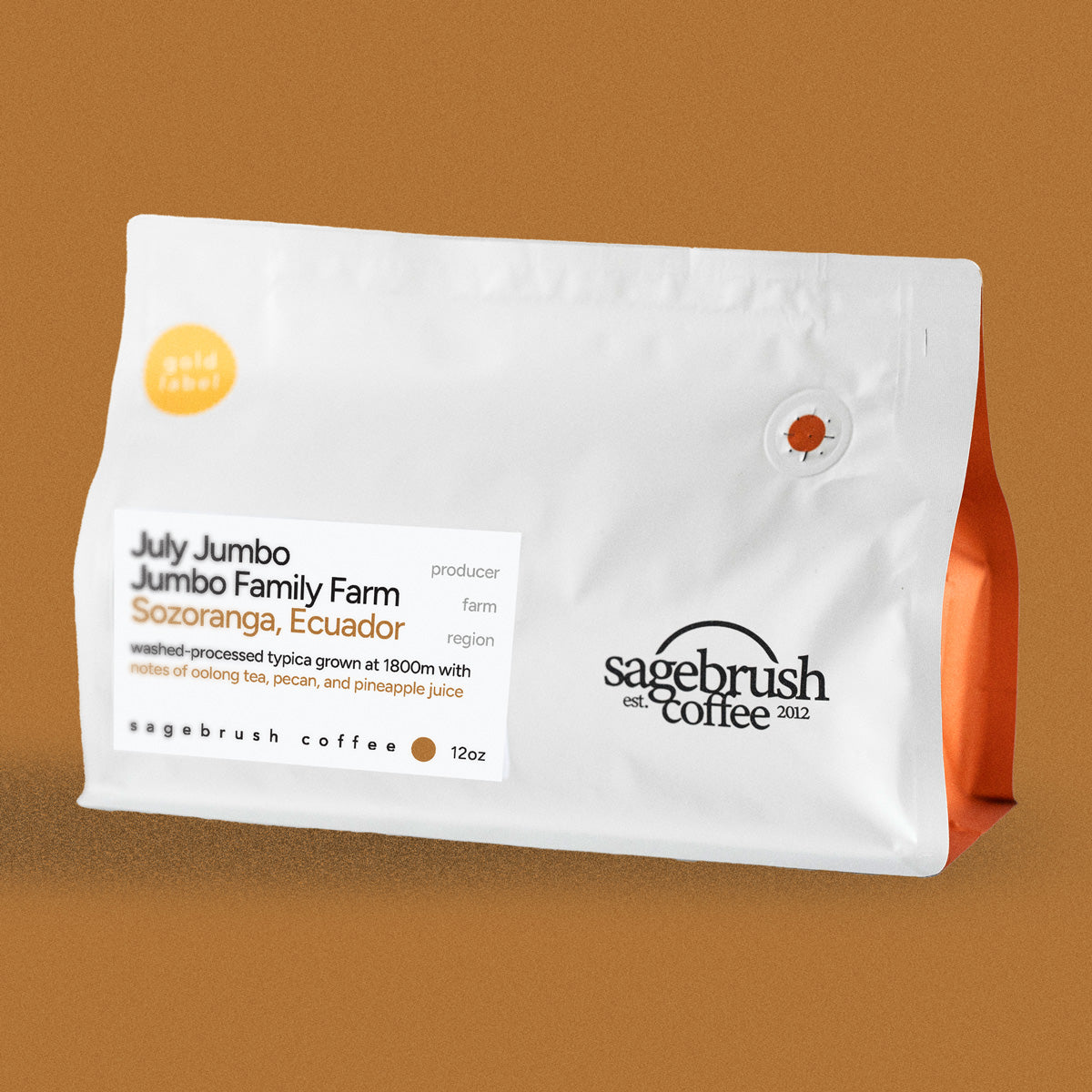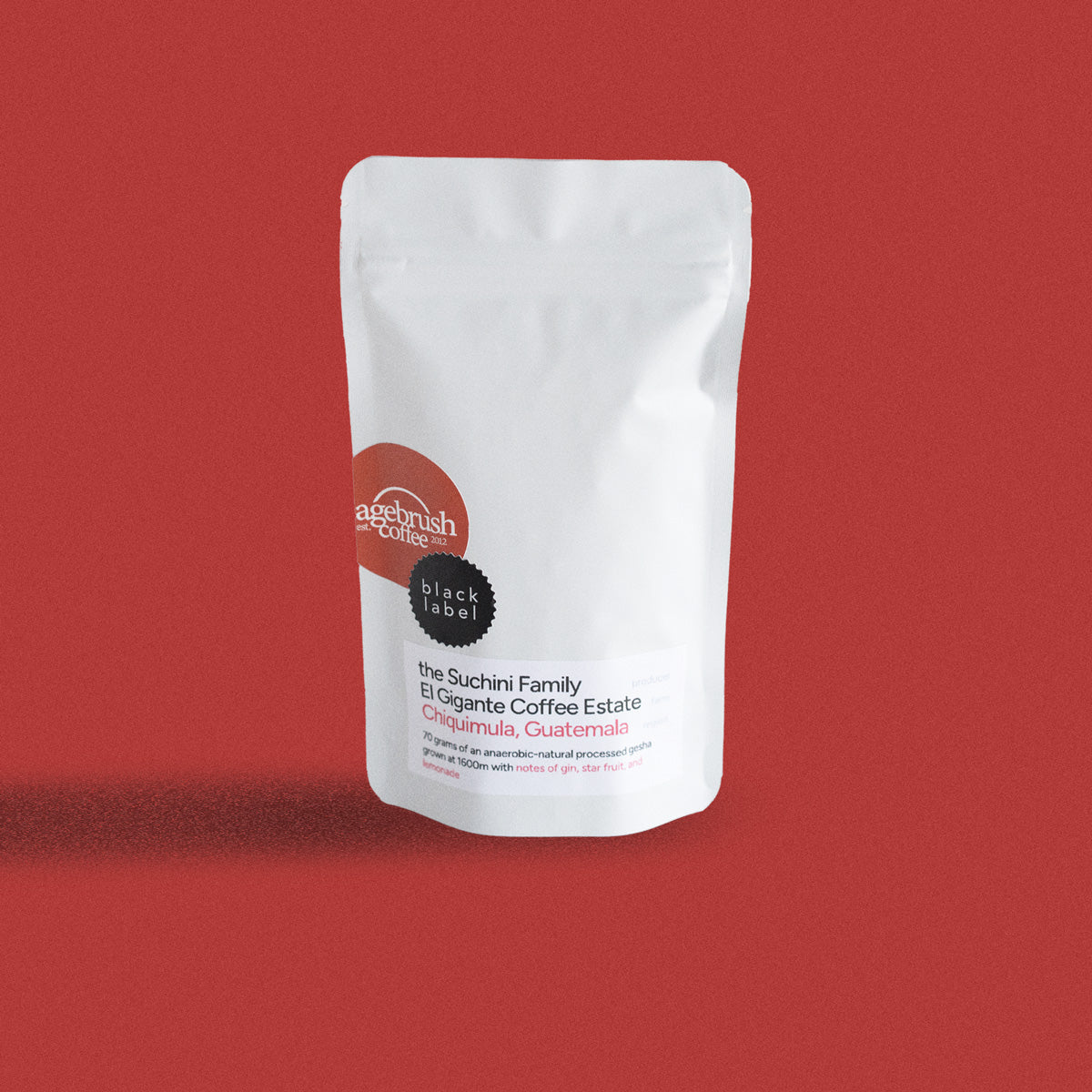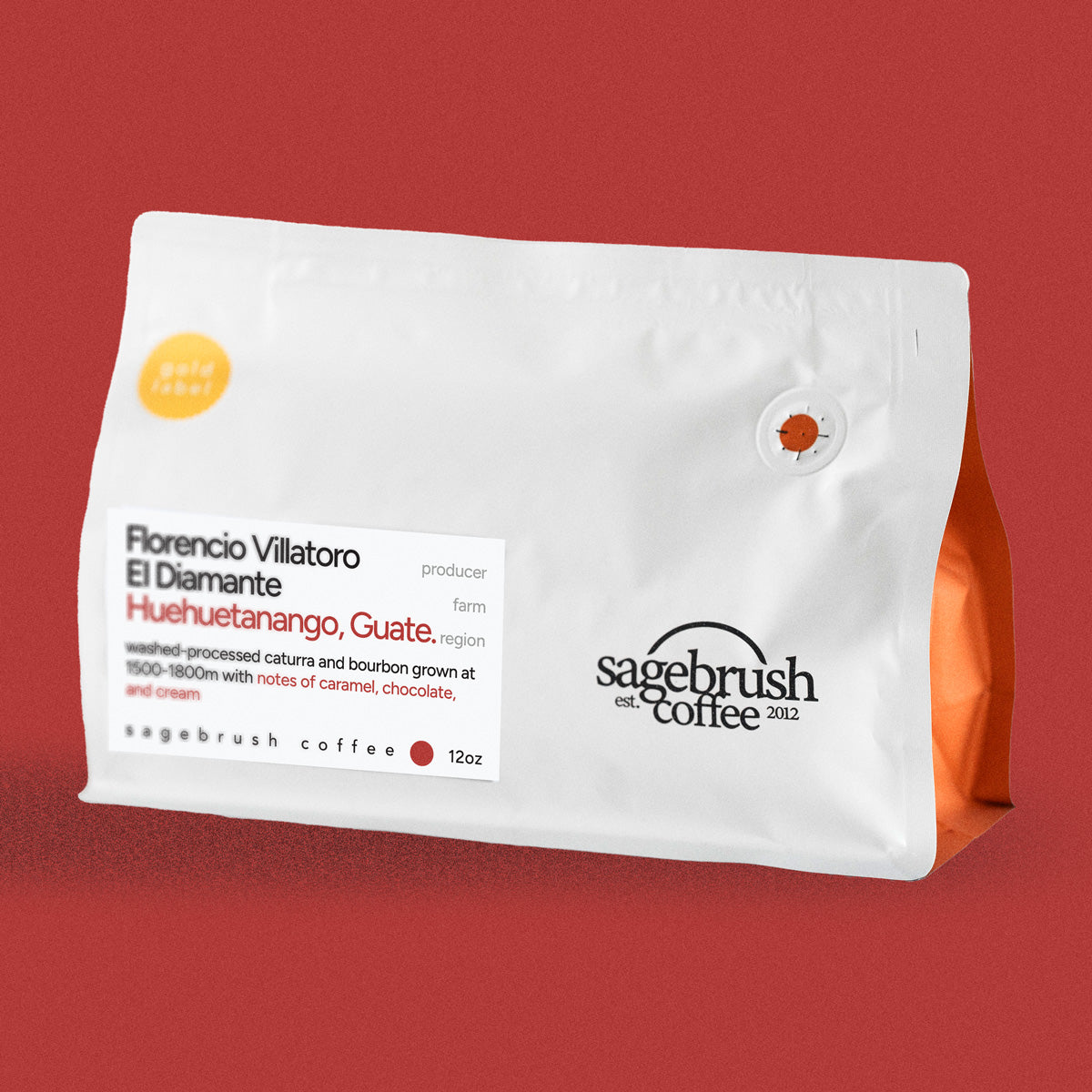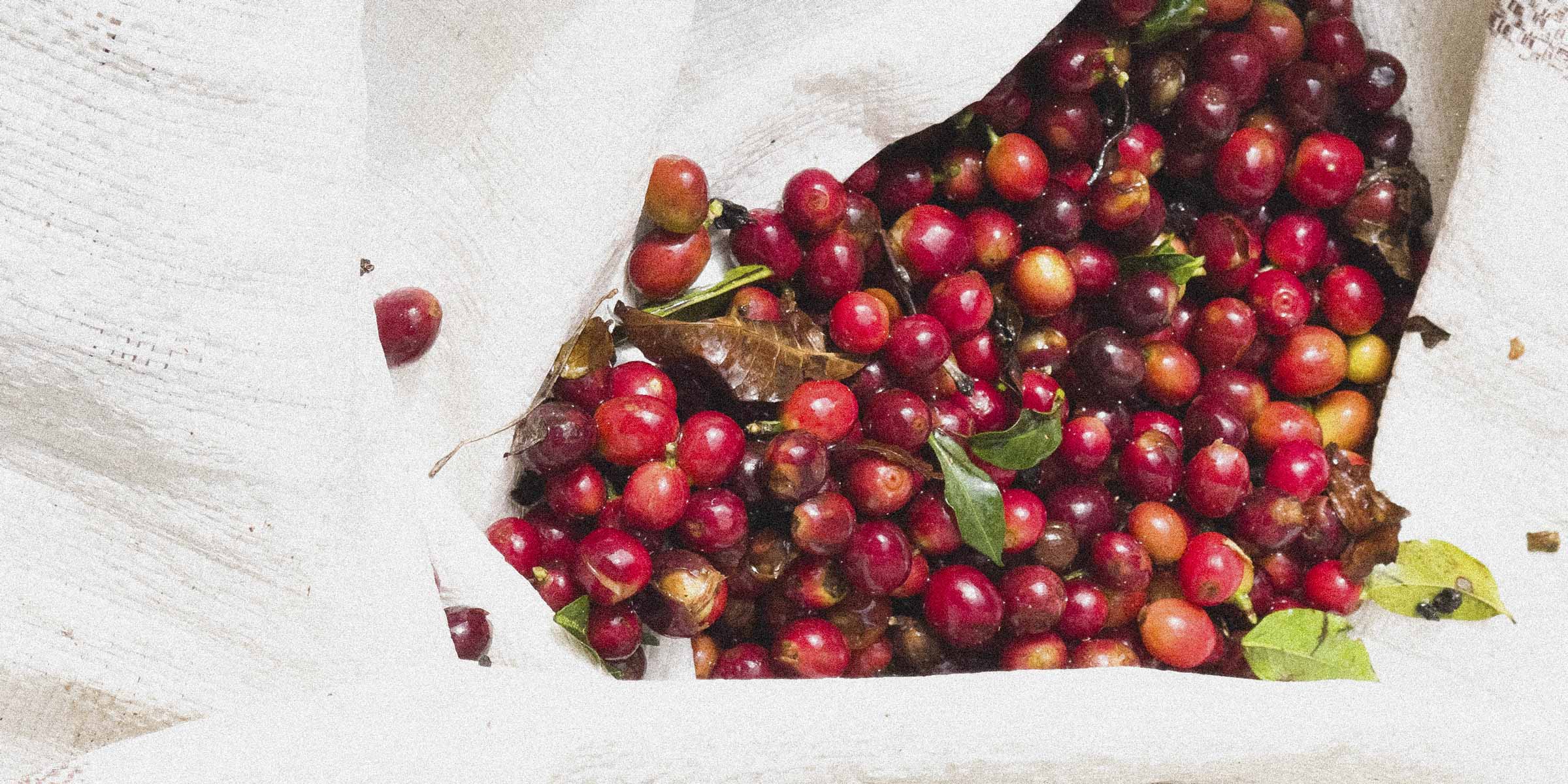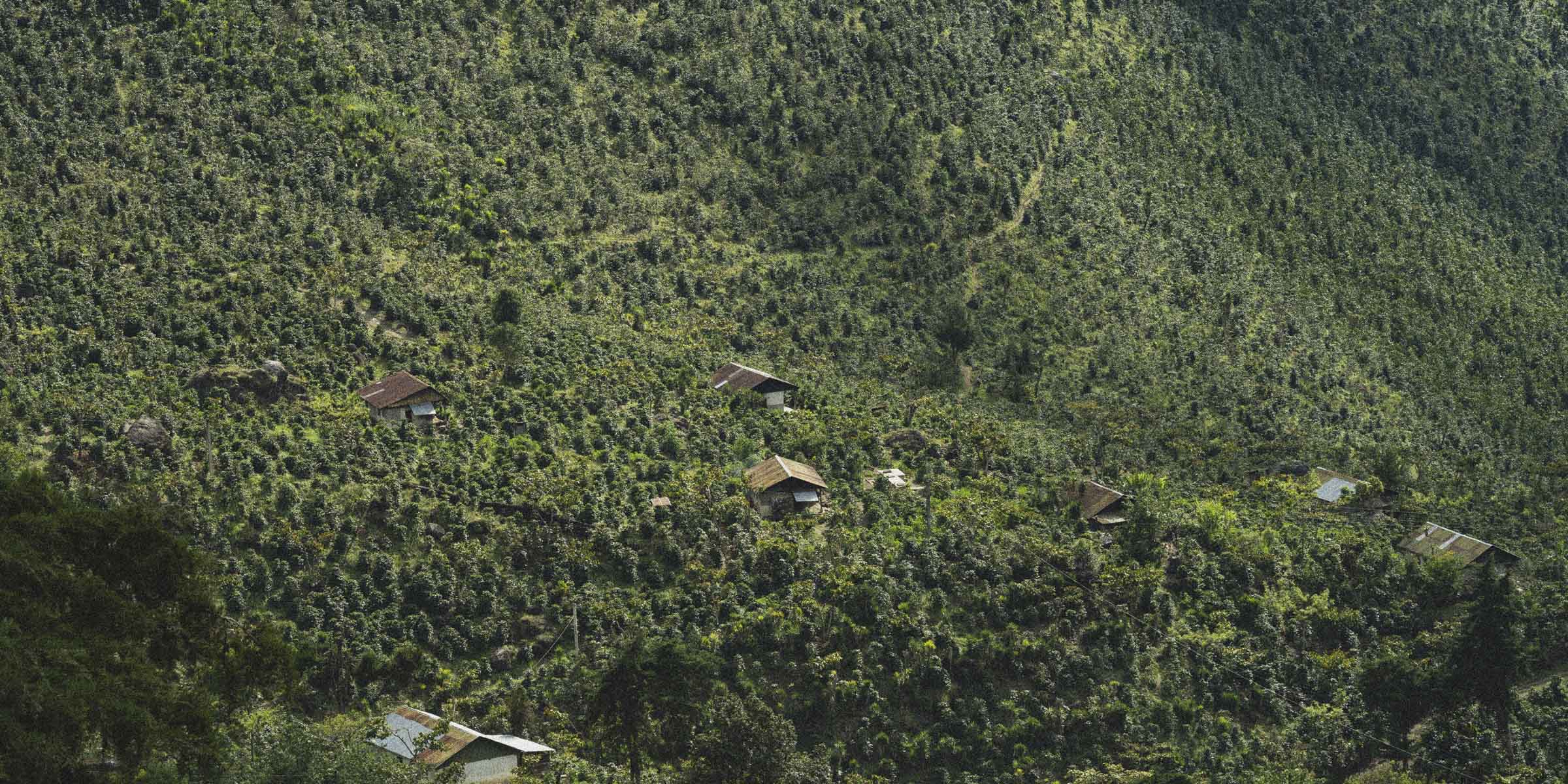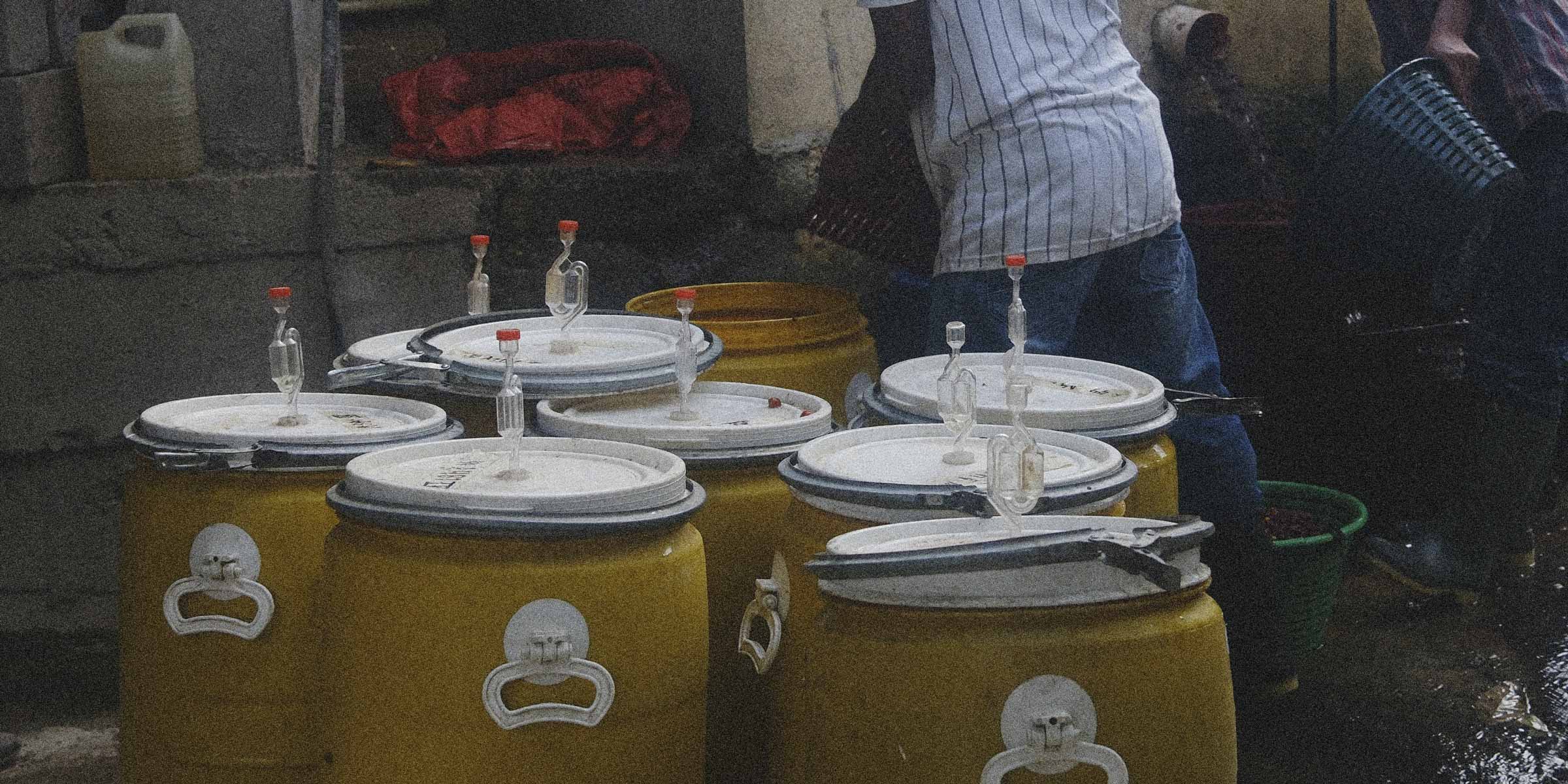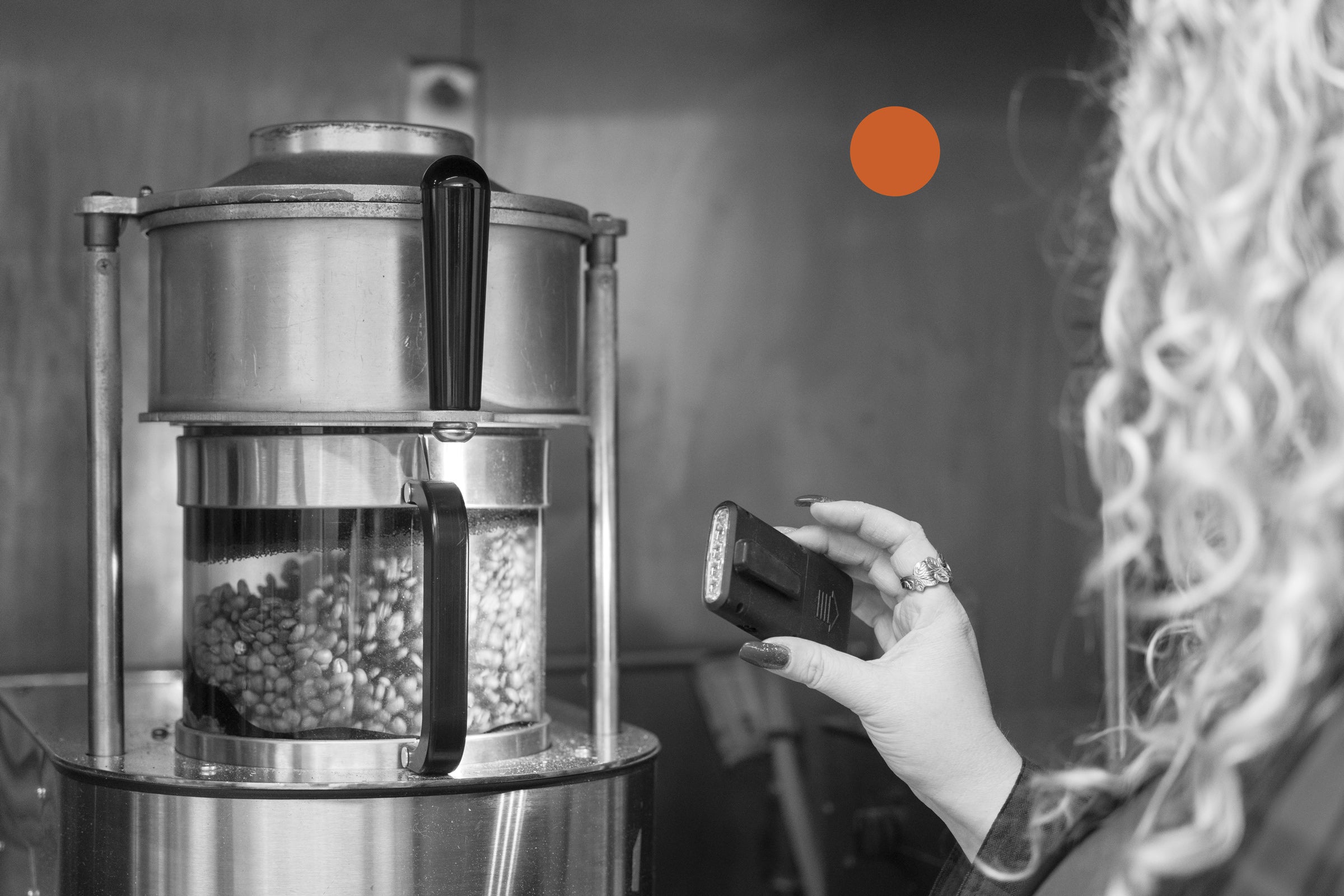
Traceability is the ability to track a product’s entire journey through the supply chain. In coffee, traceability is important because it gives us the opportunity to learn more about the coffee we are drinking and acknowledge the hard work that has been put into creating it. The coffee production process has 10 key steps that can be summarized as planting, harvesting, processing, drying, milling, exporting, tasting, roasting, grinding, and brewing. We talk more about this process, and our role within the process, in a recent article we wrote about our mission statement.
Let’s begin breaking down this idea of traceability by looking at the first step on the supply chain - the farm. At the coffee farm, the first two steps of the coffee production process take place; the planting and the harvesting. When the rest of the supply chain emphasizes traceability back to these farms, the farmers are able to fetch a higher price for their labor. They are also able to see where their coffee ends up and receive feedback on how it does during the rest of the production process, which can help them make adjustments for even stronger crops in the future. Another benefit for them is that if people on the other end of the supply chain, roasters for example, like their crop, they can come back to that same farm as a repeat customer. This allows both the farmer and the roaster to build a stronger relationship within the coffee industry. We have a handful of farms that we keep going back to time and time again because their coffee is just that good. A few examples include the Guayabales farm and Finca Vista Hermosa in Guatemala, the Altieri farm in Panama, and the Loma La Gloria farm in El Salvador. Some of the members of our Sagebrush team have even gone and visited farms like these on origin trips, which we hope to do many more of in the future. These origin trips allow us to not only trace our coffee back to the farm it came from, but to actually visit and build meaningful friendships and business relationships with other people in our industry.
Moving onto the processing mill, this is where steps three, four, and five of the coffee production process take place. Like coffee farmers, mill workers benefit from traceability by getting more money for the quality coffee they process which supports them and the infrastructure of the mill itself. We can also use traceability to look back at the working conditions at mills and farms. This allows us to ensure we are supporting other businesses in the industry that not only pay fair wages, but also have ethical working conditions and sustainability practices. The ability to do these things is crucial in the ever growing coffee industry, and other agricultural industries alike.
Next, we have the exportation part of the production process. Most exporting and importing companies work by acting as a liaison between the farm and mill side of the supply chain and the roaster. Traceability helps exporters and importers know what kind of coffee they are bringing to their clients. If they have one roaster who favors a certain flavor profile, knowing all of a coffee’s history will help them cater towards that preference. If they have a roaster who has loved sourcing from a certain farm, they can help them continue to get coffee from that same farm or farms that tend to have similar practices in the future.
Finally, we have the last few steps of the production process, which we do at some capacity here at Sagebrush. From tasting and roasting every batch to grinding and brewing in our coffee shop, the last few steps of the production process take a lot less time than the first parts, but traceability is just as important. When we serve traceable coffee, we are able to get all of the details on how that coffee came to be and use that information to create the perfect roast. We then get to share these details with you, our customers. Seeing where your coffee was grown, harvested, processed, and exported through allows you to appreciate it on a deeper level. When you order a pour over at our coffee shop, you get served a card with all of this information on it. That is how dedicated Sagebrush Coffee is to traceability efforts.
We aren’t the only ones who value traceability. A handful of organizations have been founded with the principle of traceability in mind to help customers find delicious coffee they can feel good about drinking. Some of these include the Rainforest Alliance and USDA Organic. These organizations are doing really important work, and they are a great source for finding information on traceability efforts, but they can also drive prices up for producers and consumers alike. We explore these terms more in depth in our article on sustainability that we published for Earth Day.
Traceability is a key factor in keeping the coffee industry ethical and sustainable. When we look at how it affects each step of the supply chain, we can see that it is beneficial for everyone. Producers fetch higher prices for their crops, roasters get to know the coffee they are working with on a better level, and customers get higher quality coffee that they can feel good about drinking. Since it does take extra effort to track traceability details along the supply chain, some of these coffees may be a bit pricier. However, you can taste the quality that you are paying for and know that you are supporting ethical business practices in the meantime.



